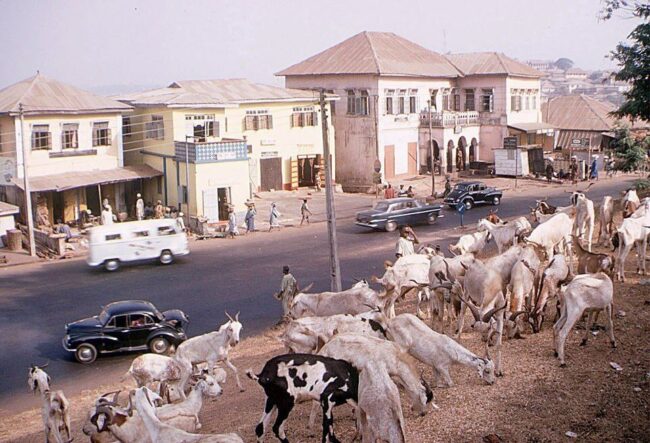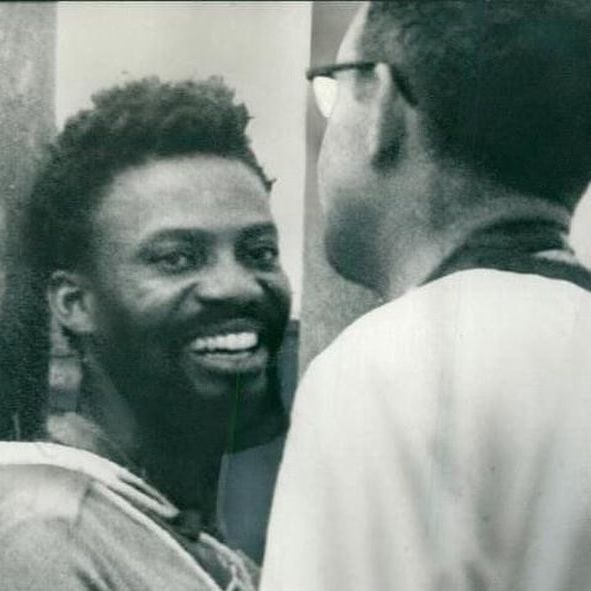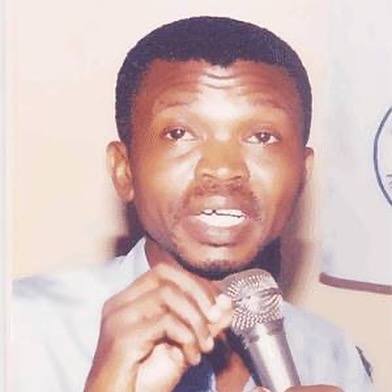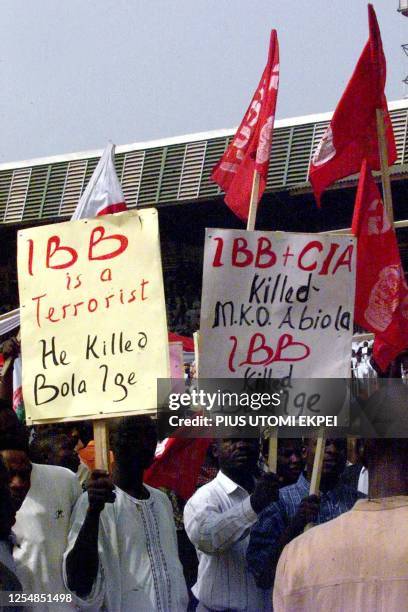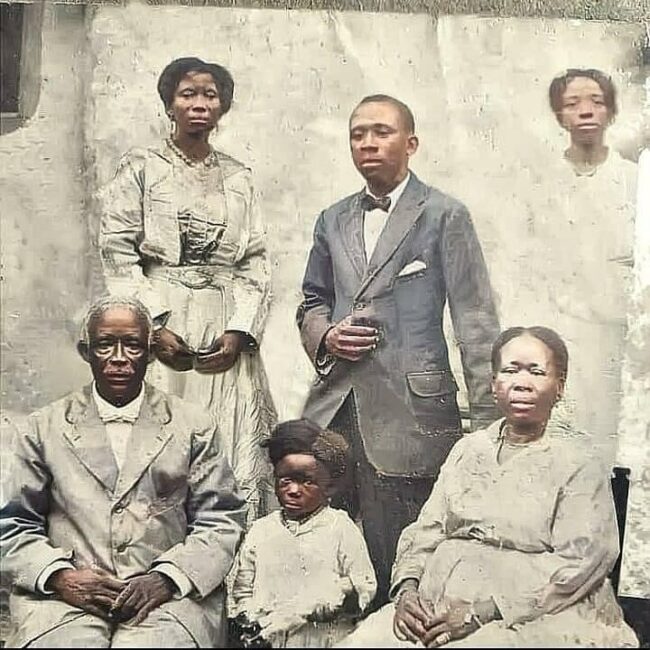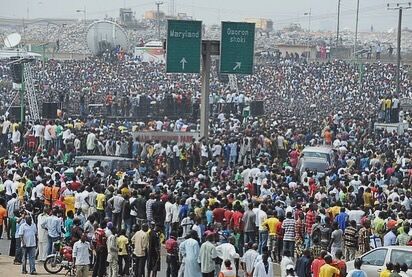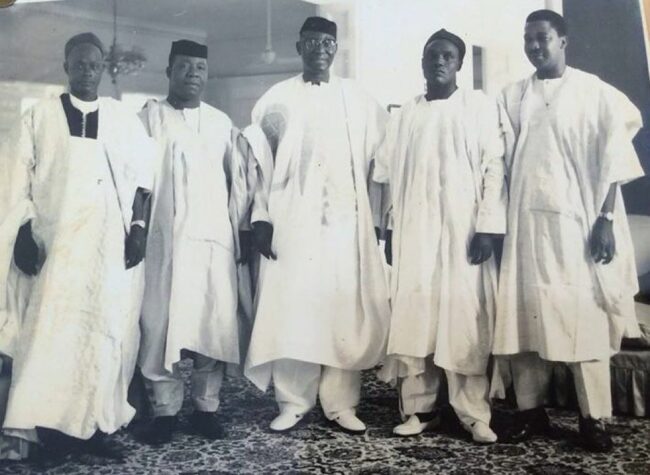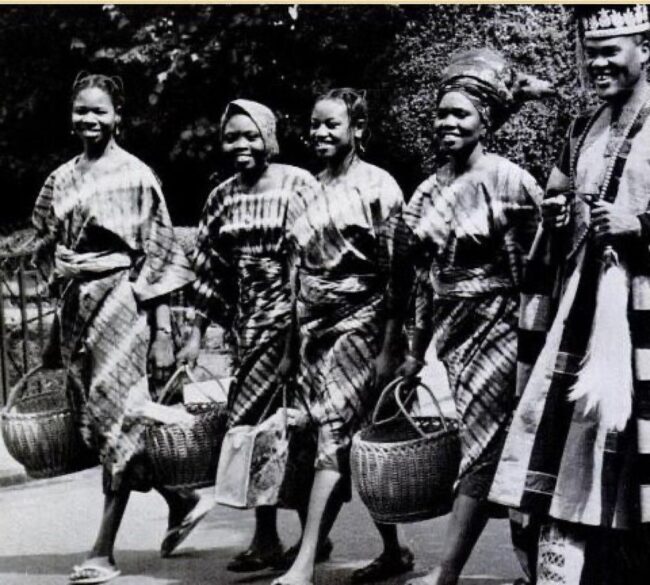Joel Amamieye smiled as he said his final words, “I had no regret for stealing from the rich and giving back to the poor with my good friend and boss and brother, Dr. Ishola Oyenusi, a good man,” just before he passed away. Inform the next generation that I have served my country because I have no record of killing impoverished people, with the exception of the ruthless police who have obstructed our efforts to carry out our daily task of providing for the underprivileged. I’m happy and proud of my work since there will never be others who, like us, oppose politicians who use biro to steal primarily from the underprivileged. Dr. Ishola Oyenusi and Joel Amamieye gained notoriety for their bold robberies, which they explained away as a way to redistribute money. Some saw them as folk heroes, but others saw them as villains due to their daring actions and outright rejection of authority. Their attacks against the wealthy and influential were well-known, as were their run-ins with the law. Many people found resonance in his comment that politicians plundered from the impoverished using pens, highlighting the wide spread corruption and exploitation that afflicted Nigeria. This execution at Bar Beach was a component of a larger campaign to combat crime and rebuild public trust in the legal system. The executions in public functioned as a somber reminder of the state’s authority as well as a deterrent. The narrative surrounding Joel Amamieye and the “Dangerous 7″ remains a captivating segment of Nigerian history, signifying the intricate relationship among criminality, legal systems, and societal disparities. Joel Amamieye’s execution is still a contentious and compelling tale that illuminates Nigeria’s stormy past as well as the persistent problems of corruption and inequality.

